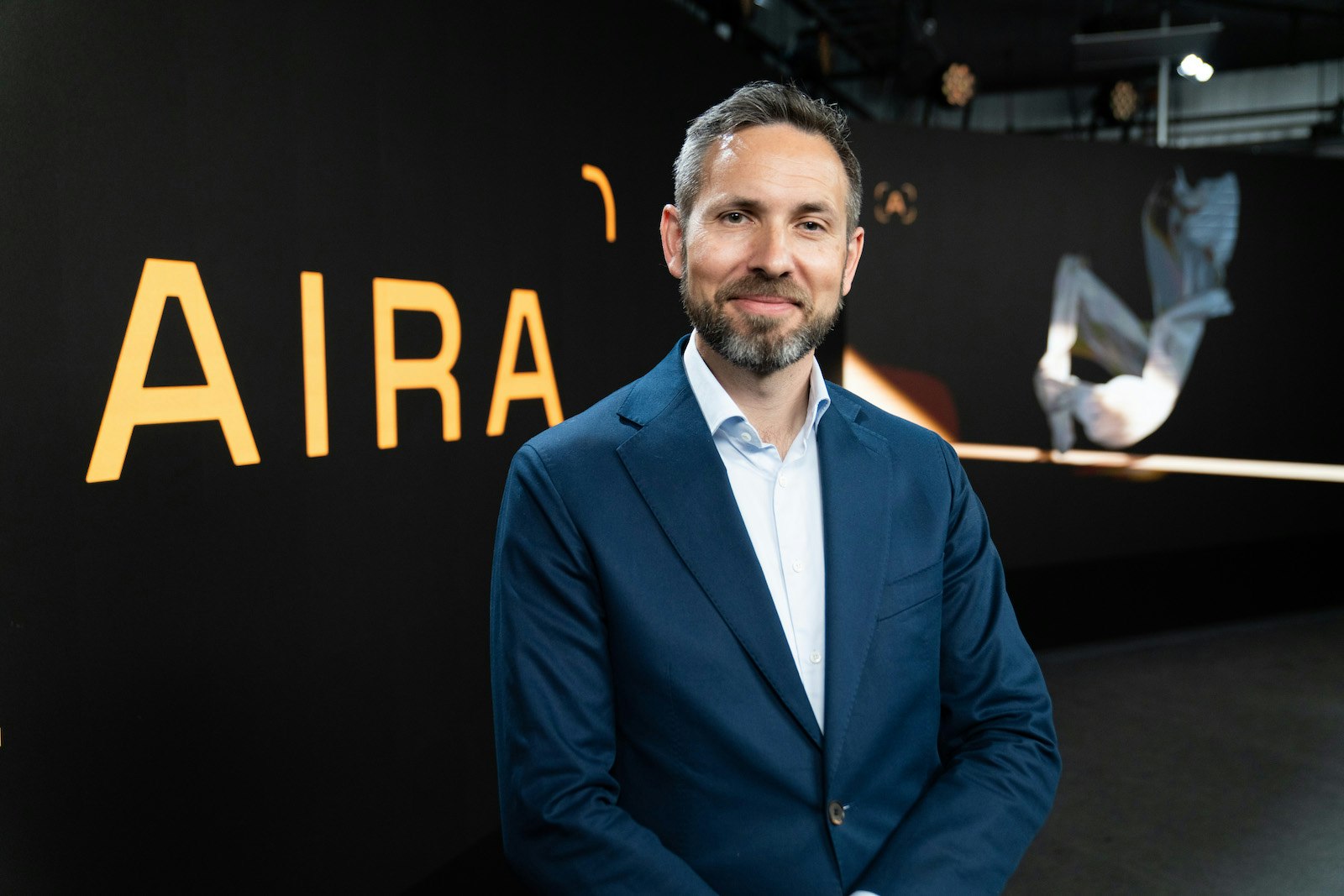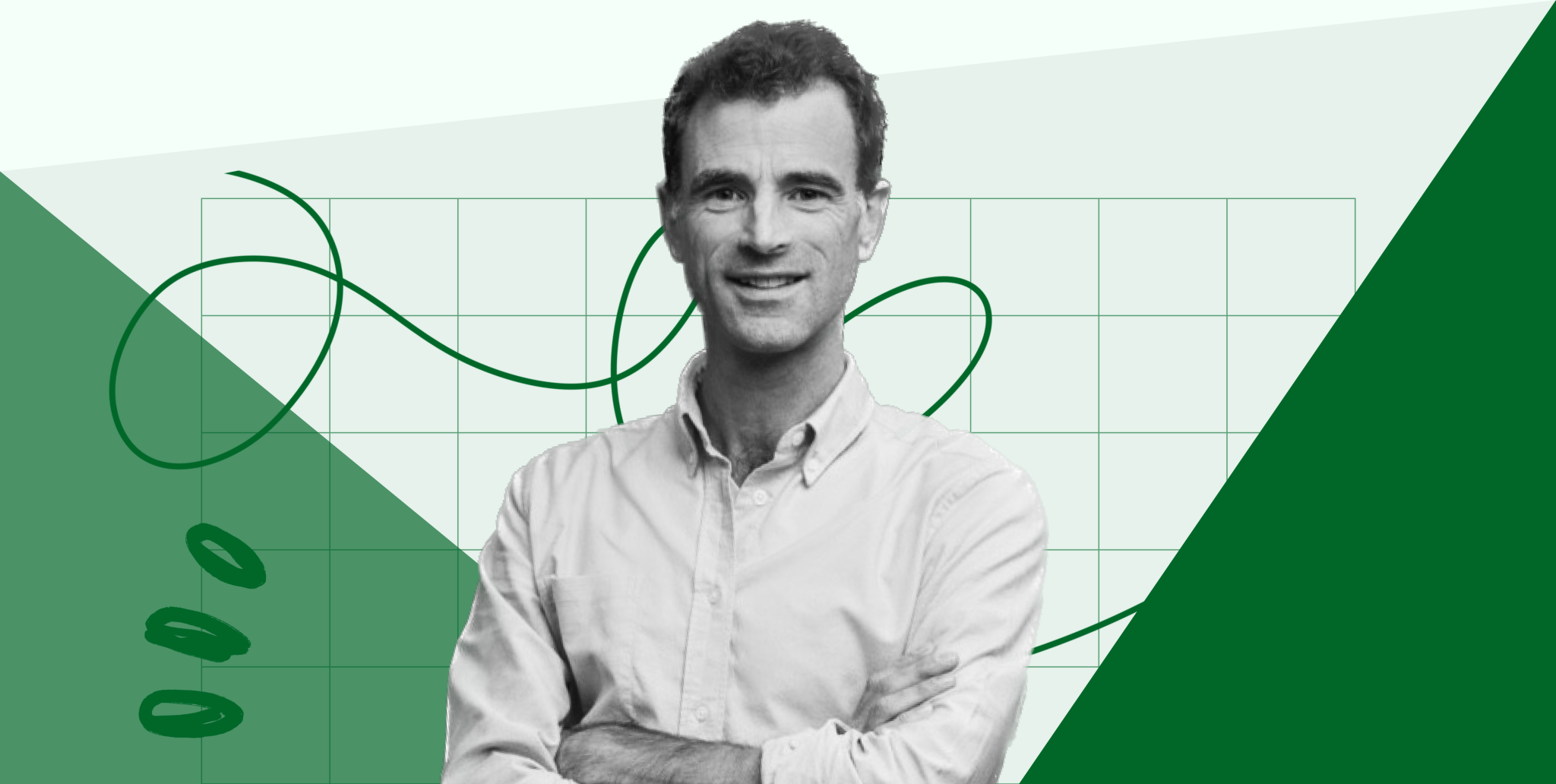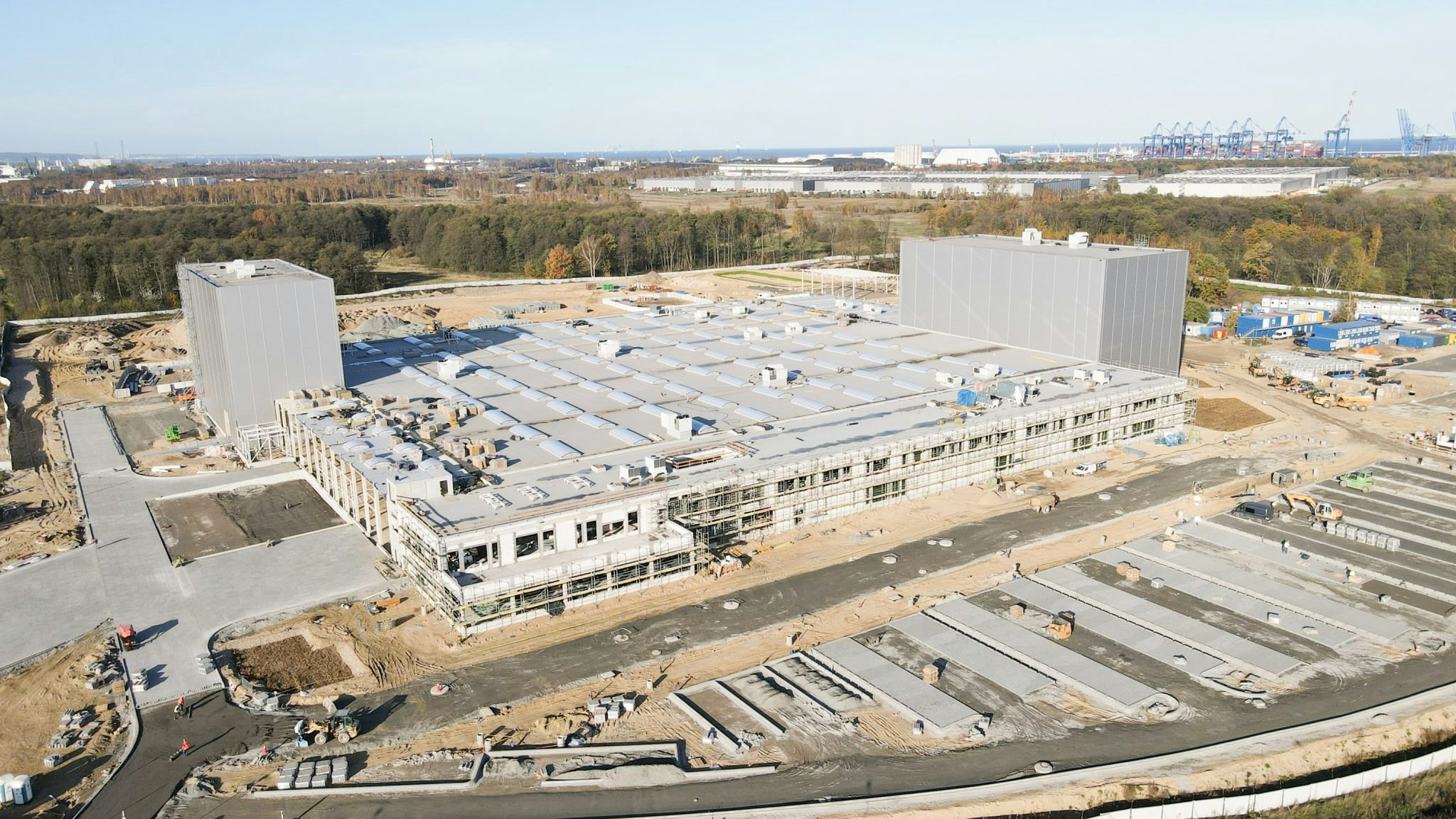It’s Tuesday morning and, according to flight tracking Twitter account @CelebJets, Taylor Swift’s Falcon 7X has just landed in London. The flight lasted slightly over six hours and produced an estimated 25 tonnes of CO2 — for comparison, the average American emits 16 tonnes a year.
Jet tracking has fuelled the new sport of celebrity climate shaming, amid a growing awareness of the environmental damage flying does. Private jets account for 2% of overall aviation emissions, but the emissions per passenger are vastly higher than for commercial flights.
Under increasing scrutiny, a new generation of private jet startups say they’re keen to boost their environmental credentials as demand for business aviation rises.
Verijet, an American private jet booking service, describes itself as "100% carbon neutral"; London-based Victor says its flights are 200% carbon offset; others say they can hit carbon neutrality in the next few years.
But how do those startups’ claims stack up in reality?

Empty leg flights
A key part of the sustainability drive for London-based Mirai Flights is "empty leg flights". That's where a private jet returns to the place it came from without any passengers on board after dropping them off.
Mirai’s app notifies users when empty leg flights are available, selling the journey at a reduced rate. On Mirai’s app, flights from London to Paris start at just over €12k and go up to nearly €300k — the most expensive option is a VIP airliner that comes complete with hot catering.
“The main idea here is that people who are flying on an empty leg flight will not produce a footprint with commercial aviation, because the aircraft is forced to fly from A to B,” says Evgeny Chuprov, non-executive director at Mirai.
It’s an argument that's hard to justify. According to Brussels-based campaign group Transport and Environment, private jets are five to fourteen times more polluting than commercial planes per passenger, depending on the model and fuel type, and 50 times more polluting than trains.
Even if every single flight had an empty leg passenger on the return journey, private jets would still be far more environmentally harmful than even a commercial flight.
And the number of empty leg flights Mirai is booking is minimal anyway: in Q4 2021 and Q3 2022, it booked 129 flights, 14 of which were empty legs.
Carbon credits
Mirai’s other argument is that charging a passenger for an empty leg flight means more money can go towards offsetting the plane’s emissions.
“We can collect the money from people who are paying for private aviation and transfer that money to funds connected to sustainability,” says Chuprov. Mirai puts a percentage of the profit it makes from each booking towards carbon offsetting projects.
“We put some percentage into the fund which is then allocated to, let’s say, help some farms to grow more trees. This is what we’re doing at the moment with one of our Maltese companies.”
Victor, another London-based private jet booking service, says it pays to offset 200% of the carbon for every flight booked through it. Victor says it pays between €2.50 and €5 per carbon credit and that it's bought just over 60,000 of them.
Carbon offsetting — where a company buys carbon credits that represent the removal, or prevented emittance, of CO2 from the atmosphere — are a common tool used in the aviation industry’s quest to get greener.
Credits are generated from things like direct air capture, forestry projects or algal carbon sequestration, but can be problematic, climate scientists say. There are issues around double counting, reliability and the longevity of credits. There’s also no universal monitoring mechanism for the claims companies can attach to the amount of credits they buy, such as being “carbon neutral”.
Sustainable aviation fuel
Toby Edwards, CEO of Victor, says the company’s most important initiative is its partnership with a sustainable aviation fuel producer.
Victor’s working with Finland’s Neste, an oil refining company which is also developing a sustainable aviation fuel (SAF).
When customers book a flight through Victor, they can purchase SAF, from 5% to 100% of a tank. The catch: it can’t actually be used in their jets because, Victor says, of the lack of an infrastructure network to distribute SAF to smaller airfields.
Instead, Neste will use the SAF purchased by the Victor customer and put that amount into a larger commercial flight running from an airfield with SAF available.
Only one in five of Victor’s customers choose to purchase SAF and, for those that do, they choose to purchase 30% of a tank, on average.
"Those fuels are typically less damaging to the environment than oil-based fuels," says Tim Schwanen, director of the University of Oxford's Transport Studies Unit. "But often this fuel is biofuel, and there you need to think about where it's been grown and what the effect of its cultivation is."
It's also, Schwanen says, important to note that the environmental impact of air travel is not just in the fuel — the whole lifecycle of a plane is part of its emissions. The production of planes, the operation of air travel infrastructure and the decommissioning of the plane all need to be taken into account.
"Ultimately, the best way of reducing emissions is simply not flying," he says.
‘No place in a low-carbon society’
Dr Sarah Ivory, a lecturer in climate change at the Edinburgh University Business School, is unconvinced that private jets can ever be part of a sustainable future.
“There are many difficult challenges we have to tackle as we transition to a low-carbon society. Private jets are not one of the difficult challenges, it just doesn’t make sense,” she says.
So what’s her advice to private jet startup founders?
“Use the money you want to spend on private jets today to research and develop zero-emissions aviation fuel,” she says. “Biofuels are underdeveloped — but that’s a reason to do more research in the area.”


